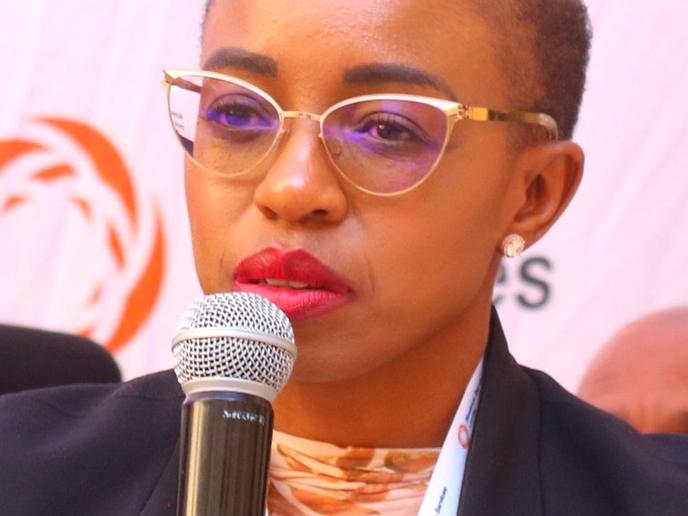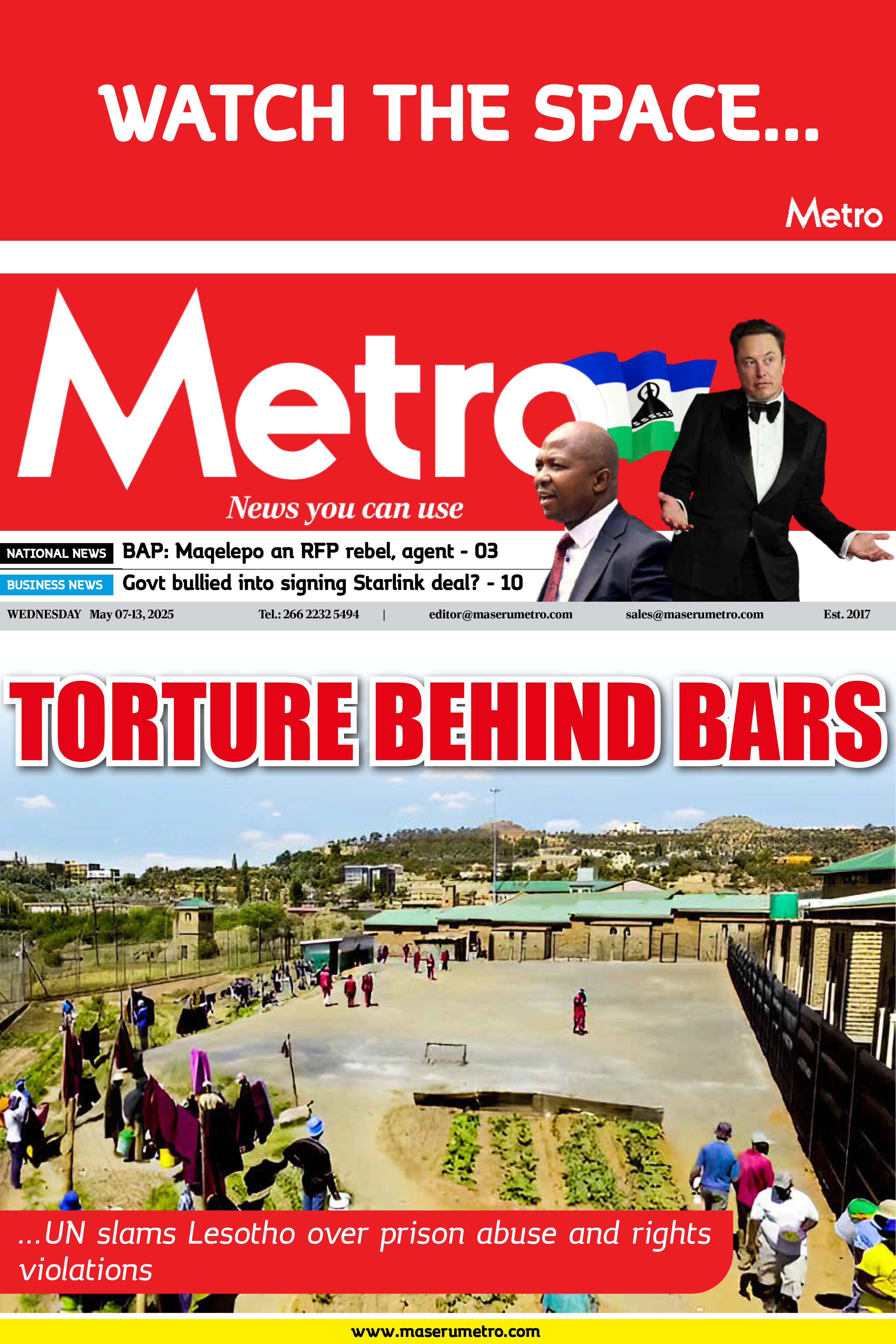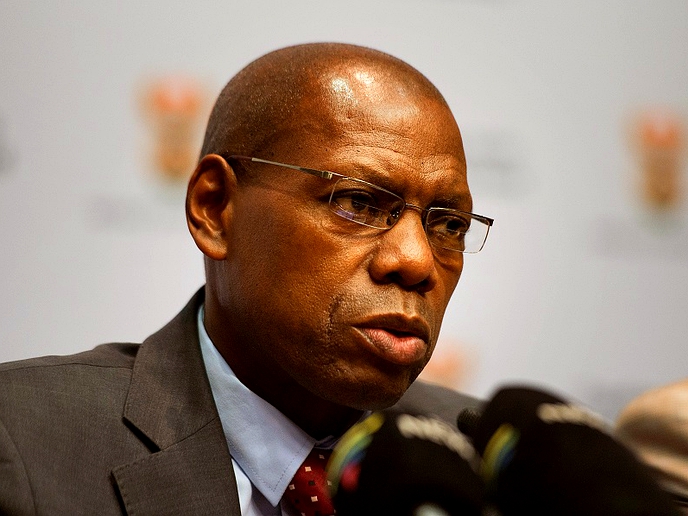LIMPOMPO - A chrome mine in Limpopo, potentially one of the richest in South Africa, has sat idle while a series of arcane court battles ensue between local and Chinese business interests.
business
Dec. 20, 2020
STAFF REPORTER
7 min read
Legal war shutters SA lucrative chrome mine
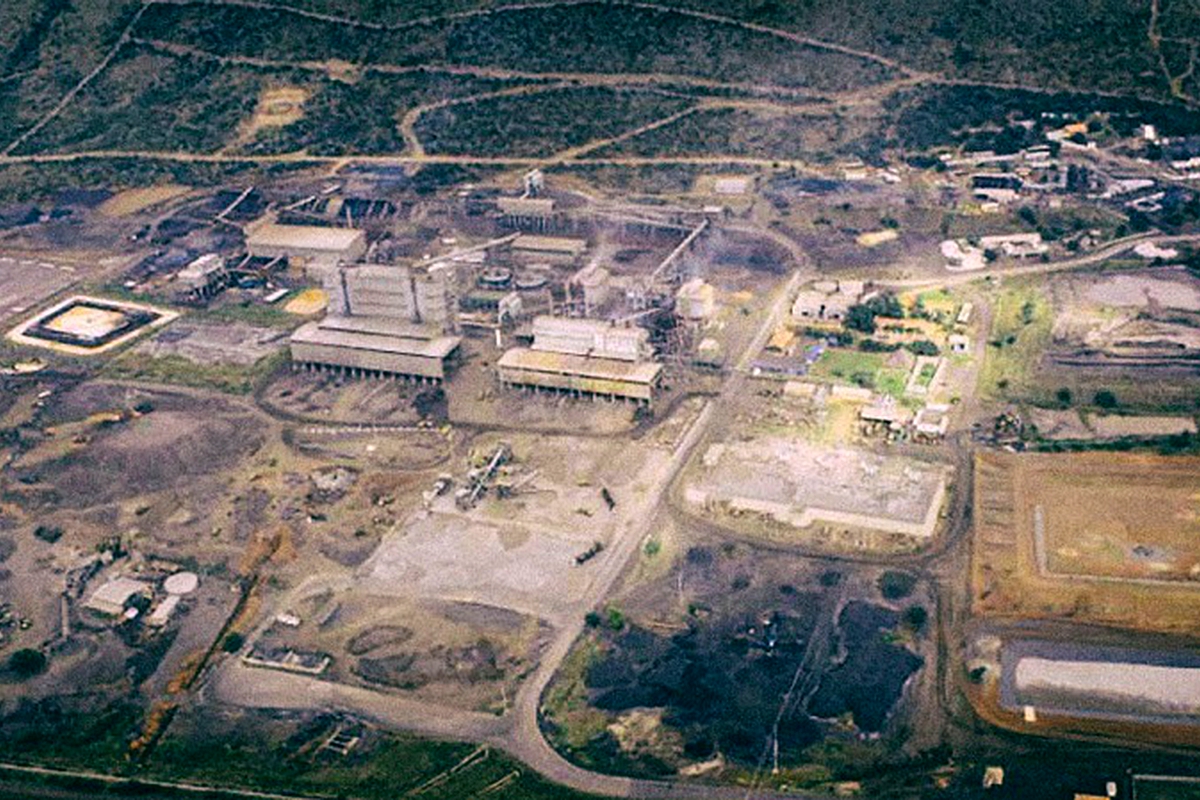
The Dilokong Chrome Mine, north of the border between Limpopo and Mpumalanga and west of the Kruger National Park
A development agency tasked with bringing employment to the area has lost its stake in the mine, and about 1 200 employees have lost their jobs. While many parties must shoulder parts of the blame, indifference by the national Department of Mineral Resources and energy appears to have contributed.
The Dilokong Chrome Mine is in the mineral-rich Burgersfort district, north of the border between Limpopo and Mpumalanga and west of the Kruger National Park.
The mine previously conducted operations under the joint ownership of the Chinese government’s Eastern Asia Metals Investment with 60%, and the Limpopo Economic Development Agency (Leda) with 40%.
The mine’s woes can be traced back more than five years. It went into business rescue in March 2016 and ceased operations. This followed about two years of industrial action and a decline in the price of chrome.
Since then there have been interminable court battles between Leda, the business rescue practitioners and another Chinese-controlled company, Cheetah Chrome South Africa, Dilokong’s purported new owner.
Leda challenged the rescue practitioners’ 2017 sale of Dilokong to Cheetah. Leda claimed its 40% stake in Dilokong’s holding company should give it a similar stake in the mining right held by Dilokong.
This matter is at the Supreme Court of Appeal after the Johannesburg High Court dismissed Leda’s claim, calling it opportunistic.
The rescue practitioners have since tried to revoke the sale to Cheetah and this is now facing arbitration.
And Cheetah successfully interdicted the rescue practitioners from selling a valuable tailings dump at the mine.
How the saga began
Dilokong went into business rescue on 24 March 2016 following two years of sit-ins and strike action by the National Union of Mineworkers, 50 days of lost production due to health and safety notices from the department and a seven-month decline in the price of chrome.
In 2017, the rescue practitioners sold the mine to Cheetah Chrome for R456-million in a bid process in which Leda participated.
Leda had offered R450-million for the mine.
In March 2019, Cheetah and Dilokong jointly petitioned the Mineral Resources Department for the transfer of Dilokong’s entire mining right to Cheetah.
This was despite the opposition of two Leda board members who sat on the six-person Dilokong board. They were still on the board since Cheetah had not yet – and to date has not – taken control.
Leda’s acting head of marketing and communications, Patrick Monkoe, told amaBhungane that a dispute arose because the rescue practitioners refused to accept Leda’s contention that it had a claim on 40% of the mining right and that this needed to be recognised in the sale.
Monkoe explained that the Leda directors objected to the transaction. Other correspondence shows that Leda was particularly aggrieved that the minister of mineral resources did not support their claim, despite repeated requests for clarification on the mining right.
On the contrary, on 1 November 2019, the director-general, on behalf of the minister, granted unconditional consent for the mining right to be ceded to Cheetah alone, cutting the legs from under Leda.
This was two weeks before the Johannesburg High Court heard the case, leading Cheetah to argue in court that this aspect was now moot – that is, no longer in contention.
Leda has subsequently appealed, to the minister, the director-general’s decision to consent to the transfer of the mining right. There is no outcome yet.
In the High Court
Leda brought the high court application on 13 November 2019, arguing that a clause of the mineral right allocation delivered by the minister in 2014 promised Leda a 40% stake in the mining right.
Leda argued that this promise bound the rescue practitioners and governed the sale of the mine to new owners.
Judge Phillip Coppin disagreed and dismissed the case with costs on 29 January 2020.
Coppin found that Leda adopted a literal reading of the minister’s 2014 allocation which, the judge said, purported to give the minister powers that he didn’t enjoy.
Leda’s ownership, he said, extended only as far as having a 40% share in Dilokong’s holding company, which did not directly own the mining right. “Leda is being opportunistic and is, literally, clutching at straws.”
Coppin also ruled, by extension, that Leda could not veto the sale to Cheetah.
Clash with the ministry
The dispute has highlighted the unusual clash between Leda and the ministry.
Leda’s Monkoe said the department’s approval of the mining right transfer before the matter could be heard in 2019 “severely compromised” Leda’s case.
“More so as such granting was made in total disregard of our attorneys’ letters to the [department]. We expected the [department] at the very least to inform us if they didn’t share our interpretation of the mining right as an organ of state,” he said.
Leda has taken the matter to the Supreme Court of Appeal, which is expected to clarify mining right law – and the minister’s right to set a condition allocating part of a mining right in the way Leda contends.
In a legal briefing for Thabo Mokone, the MEC for the Limpopo economic development department, under which Leda falls, Leda’s lawyers argued that the mining minister in 2014 “saw it fit to also ‘hardwire’ that 40% stake” in the Dilokong mining right.
The lawyers said it was “unusual” for the department to specify such a condition, arguing that this “signifies the importance of Leda’s 40% stake”.
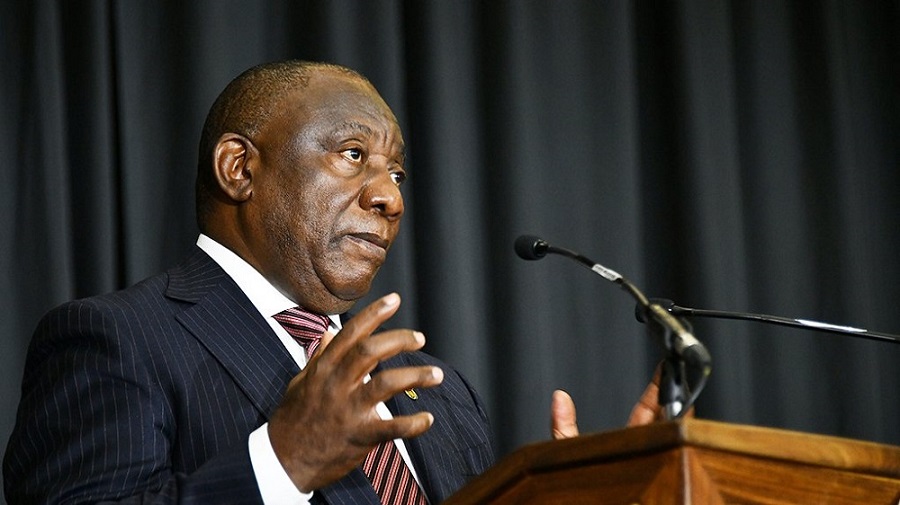
SA President Cyril Ramaphosa
Enjoy our daily newsletter from today
Access exclusive newsletters, along with previews of new media releases.
They also argued that the stake was strategic: “The loss of Leda’s 40% stake… would not only threaten the development of the Limpopo province and the country as a whole but also jeopardise the development of the Musina Makhado Special Economic Zone…
“Without control of the minerals the [zone] will be of very little benefit to the inhabitants of this country… Leda will have no say whatsoever in the running of the affairs of the holder of the mining right and/or the business affairs to be conducted in the [zone].”
This special economic zone is earmarked for a massive, environmentally destructive heavy-industry development, a Chinese-led initiative which seemingly enjoys solid support from the Ramaphosa administration.
The briefing said it was concerning that in 2019 the department had chosen to boycott proceedings before the high court, notwithstanding the fact that it was in the best position to explain the meaning of the original mining right award.
So why did Leda receive no support from the department in its bid to retain a strategic toehold in what would be one of the key feeder mines for the special economic zone?
There may be more to the dispute than meets the eye. DM




